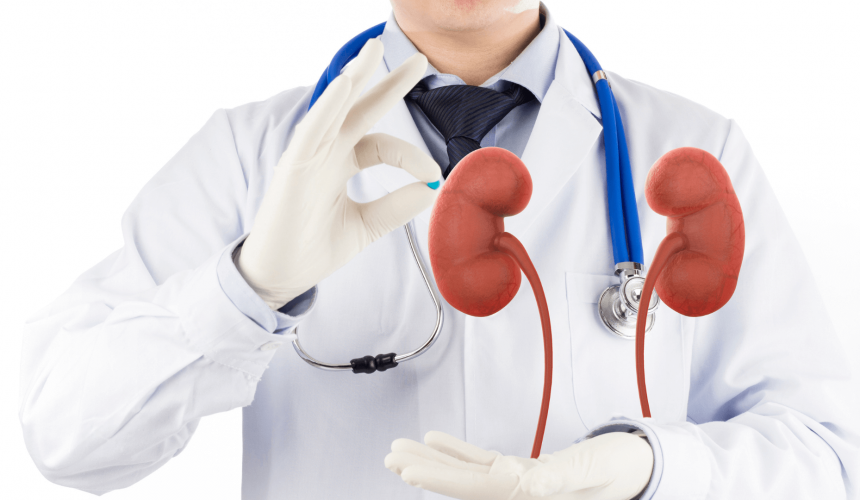Urologist
What Is a Urologist?
A urologist is a doctor who specializes in identifying and treating conditions of the urinary tract and male reproductive system, including:
- Adrenals, the small glands on the kidneys that produce and regulate hormones
- Bladder, the expandable sac where urine collects until it’s time to empty
- Kidney, the filter that removes waste and extra fluid from the body
- Penis, the male reproductive organ used for urination and sex
- Prostate, the gland that makes fluid to protect sperm (seminal fluid)
- Testes, the two glands that make sperm and testosterone
- Scrotum, the external sac that protects the testes
- Ureter, the tube that takes urine from the kidneys to the bladder
- Urethra, the tube that carries urine from the bladder to outside the body

Diagnosis
Urologists specialize in diagnosing urinary conditions and disorders. Often, these conditions can be hard to pinpoint because the symptoms are either hard to see or easy to misdiagnose. But we know you are more than the sum of your symptoms. We specialize in putting the pieces of your health together so that we see the whole picture.
Learn more about our urology diagnosis and how we help determine what’s causing your symptoms.
Treatment
We work with you to determine your treatment plan, considering your goals and health needs. You’ll receive the support and ongoing follow-up care that’s right for you.
Difference between urology and nephrology
If you want to see a doctor who specializes only in the kidneys, you’d make an appointment with a nephrologist. Nephrology is considered a subspecialty, but it’s a subspecialty of internal medicine rather than urology. This means that nephrologists aren’t surgeons. Nephrologists must also be able to manage conditions that happen elsewhere in the body that cause kidney problems or happen because of kidney problems, like high blood pressure. Urologists, on the other hand, are surgeons.
What conditions do urologists treat?
Urologists treat common conditions and rarer illnesses that affect everyone and some that affect only men or only women. Some of these conditions include:
- Frequent urinary tract infections.
- Inability to control urination (urinary incontinence).
- Blood in the urine (hematuria).
- Conditions of the male reproductive system, including benign prostatic hyperplasia (BPH, or enlarged prostate).
- Interstitial cystitis (painful bladder).
Urologists also treat other conditions, such as:
- Cancers of the bladder, kidneys and prostate.
- Erectile dysfunction (ED).
- Kidney stones.
- Pelvic organ prolapse.
- Congenital urinary tract issues (problems with the urinary tract that you are born with).
Reasons you might see a urologist
You may make an appointment or get a referral to a urologist if you have:
- Trouble urinating (peeing), including getting started or having a strong flow of urine, pain, cloudy urine or blood in the urine.
- Changes in urination, like frequent urination or feeling like you always have to go.
- Trouble getting or keeping an erection.
- Infertility.
- A feeling that something is falling down into your vagina or heaviness in that area.
- Pelvic pain.
- Urinating when you don’t want to, like at night or when you sneeze, laugh or exercise.
What does a urologist do?
A urologist can diagnose and treat many kinds of issues. Some urologists might practice without doing surgery, but all urologists are trained as surgeons.
There are subspecialties in urology, including:
- Pediatric urology.
- Urologic oncology.
- Kidney transplantation.
- Sexual medicine.
- Male infertility.
- Genitourinary reconstruction.
- Minimally invasive surgery (robotic, laparoscopic and endoscopic surgery).

